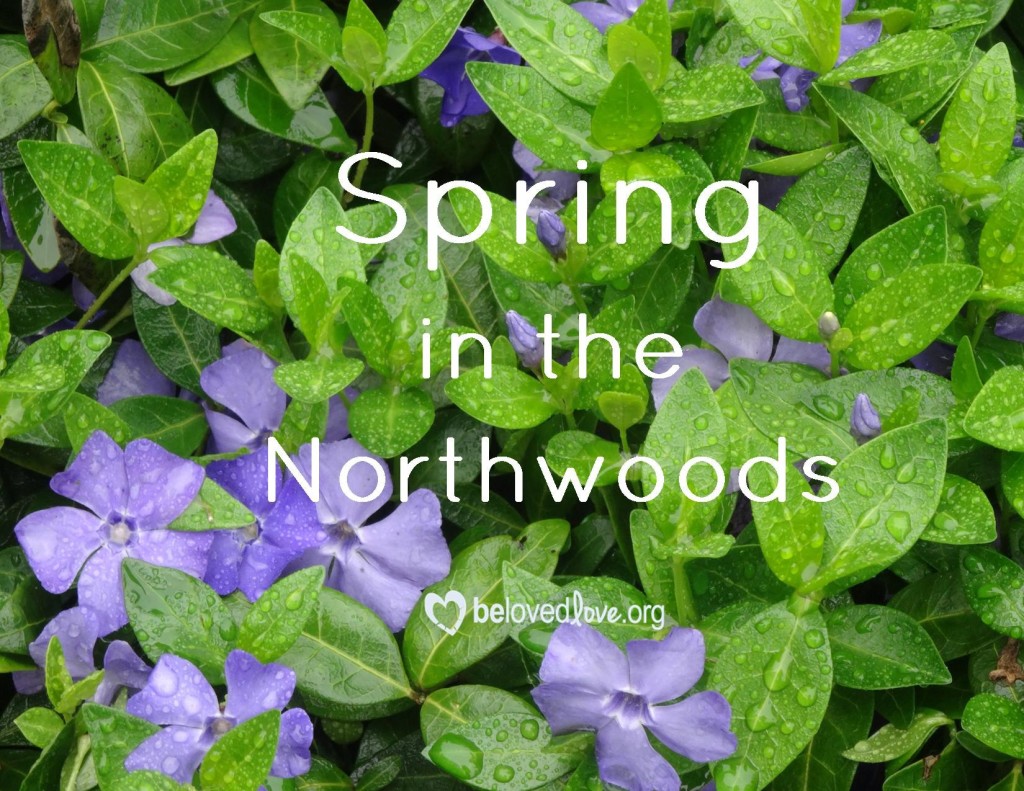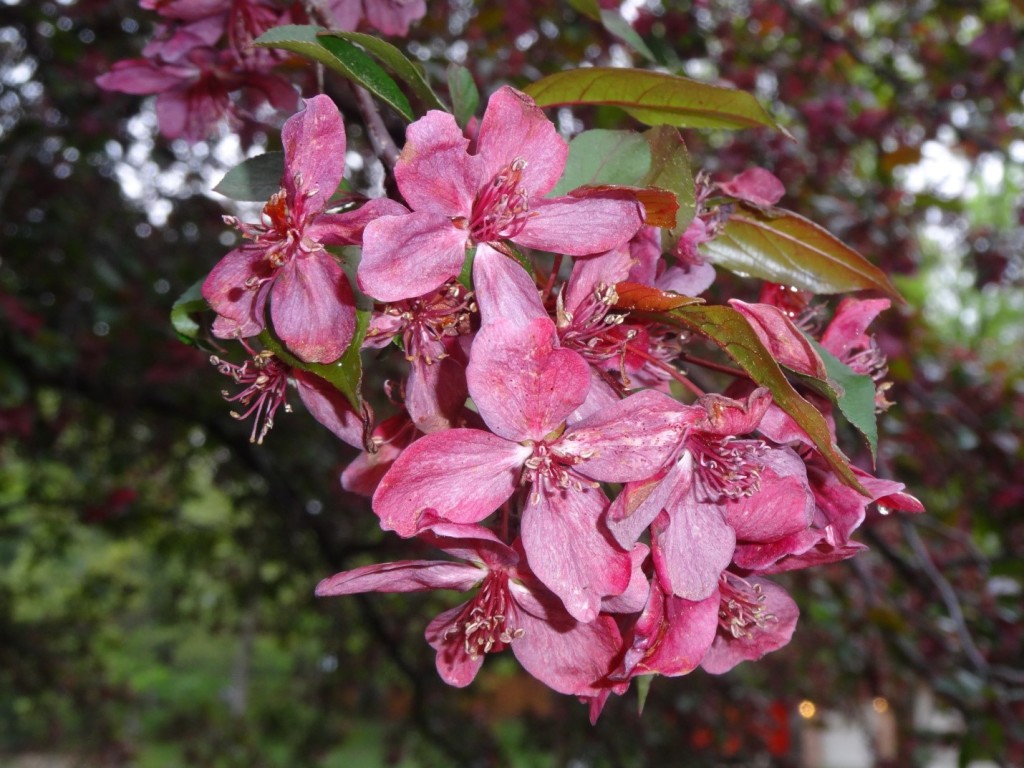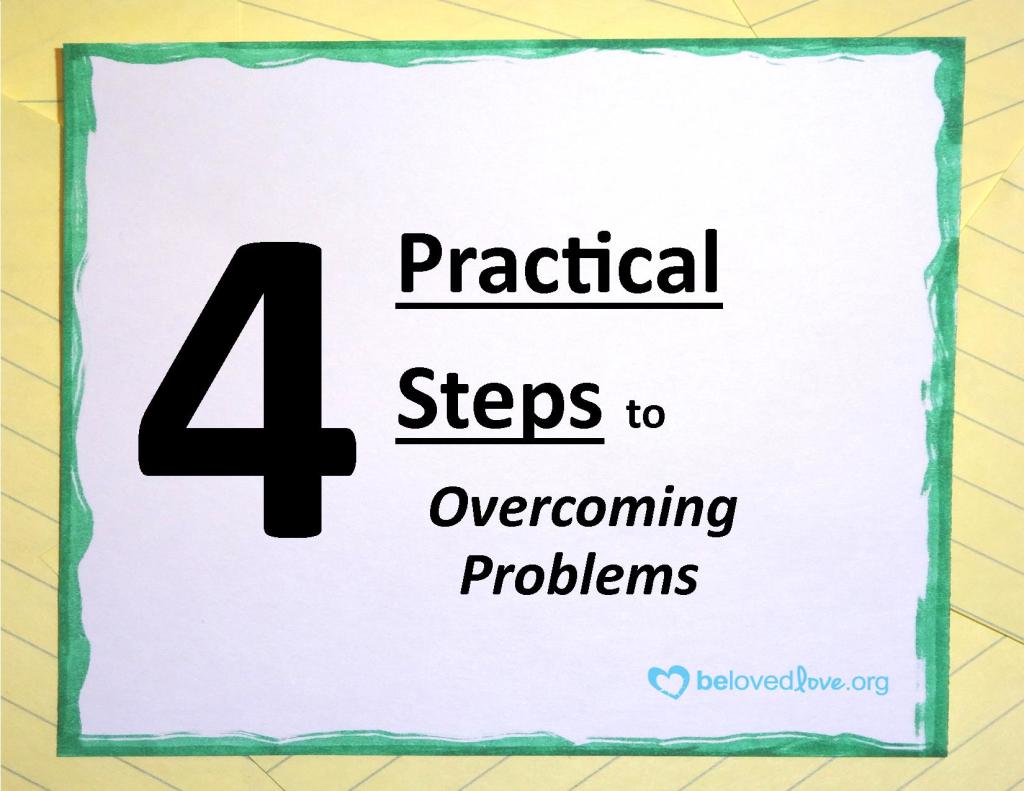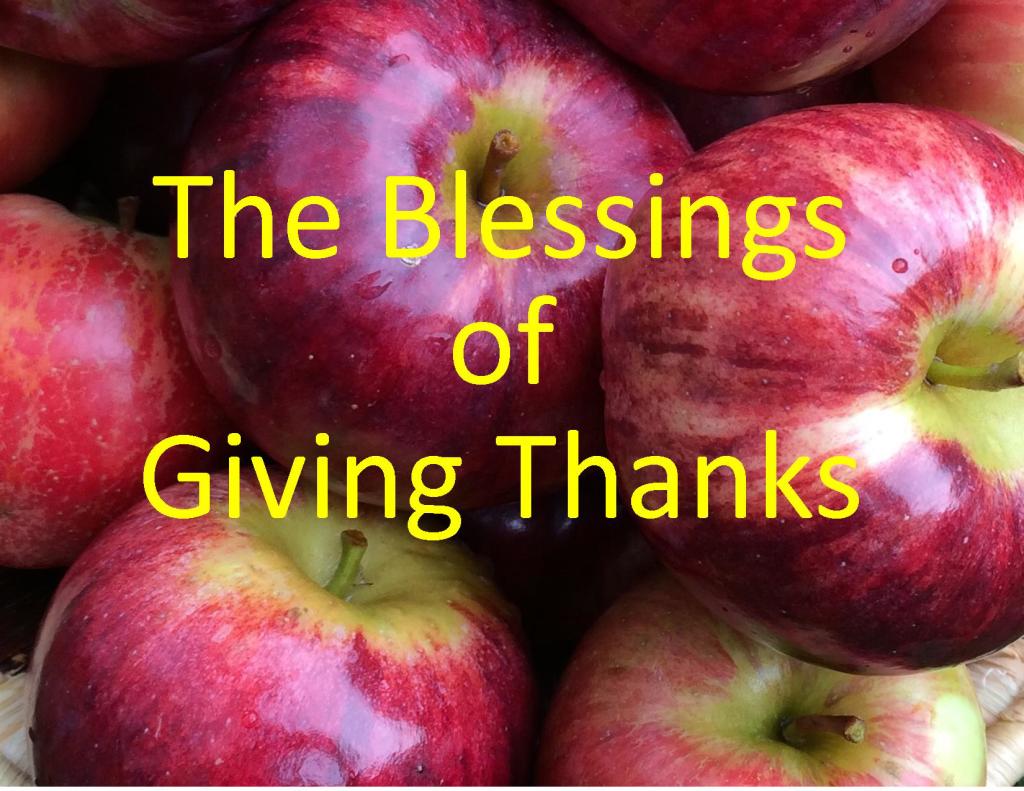God gave me a beautiful gift this morning, as I was driving down the interstate.
It was 6:30 a.m., and I was in a hurry – it was going to be a long day. As I rounded the final bend before my exit, a spectacular vista met my eyes: a pink/purple dawn spread out over a distant blue ridge, which was draped in wispy clouds. It reminded me of the Smoky Mountains – of home.
“Quick, get out the camera and snap a picture!”, I told myself. No. Not a good idea at 70 mph. Just enjoy. Soak in the beauty of the moment (and try to keep an eye on the road)!
That sunrise was a gift at the beginning of a difficult day. It was as if God was saying,
“I am here. All is well. Enjoy.”
He says that to me a lot, actually. In all kinds of ways. Too many times, I don’t see. Or I see, but I don’t stop to give thanks. (I’m a slow learner.)
You know, on those days that I do notice God’s ever-abundant gifts, and choose to thank Him, something wonderful happens. JOY settles over me like mist on a mountain.
In Your presence is fullness of joy! Psalm 16:11





























